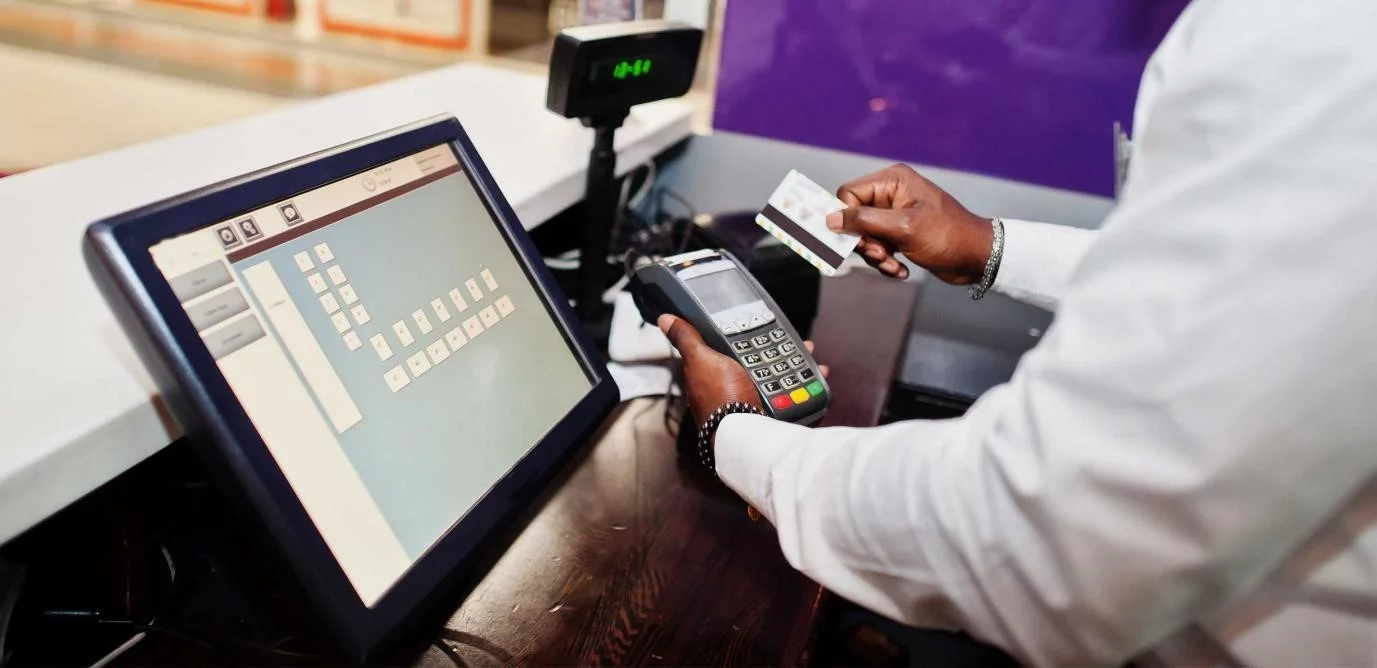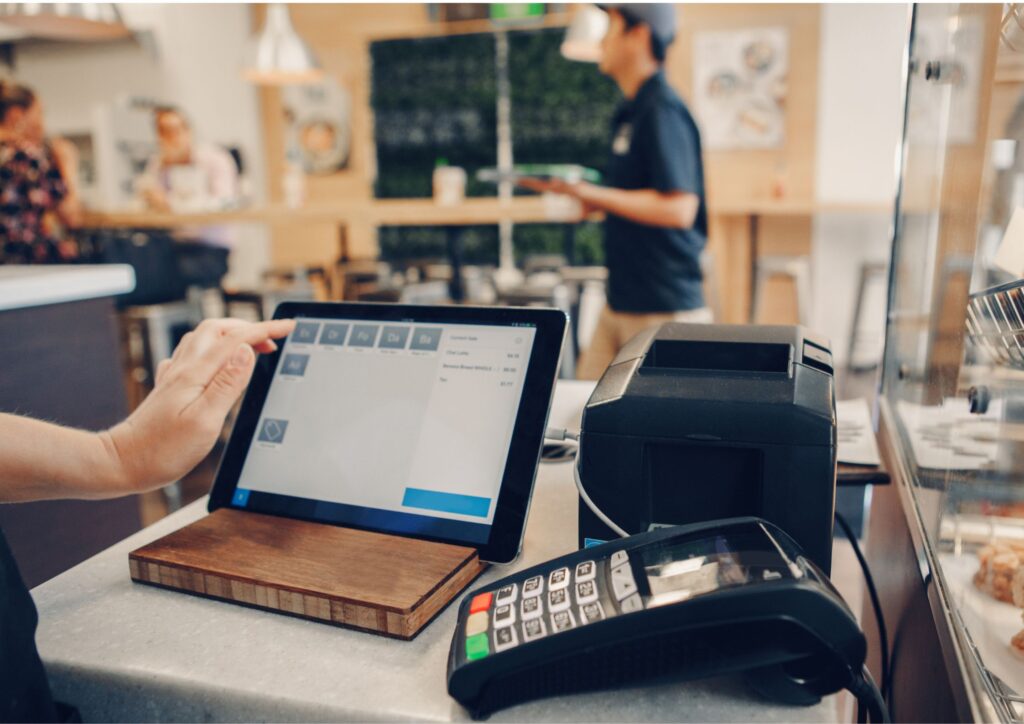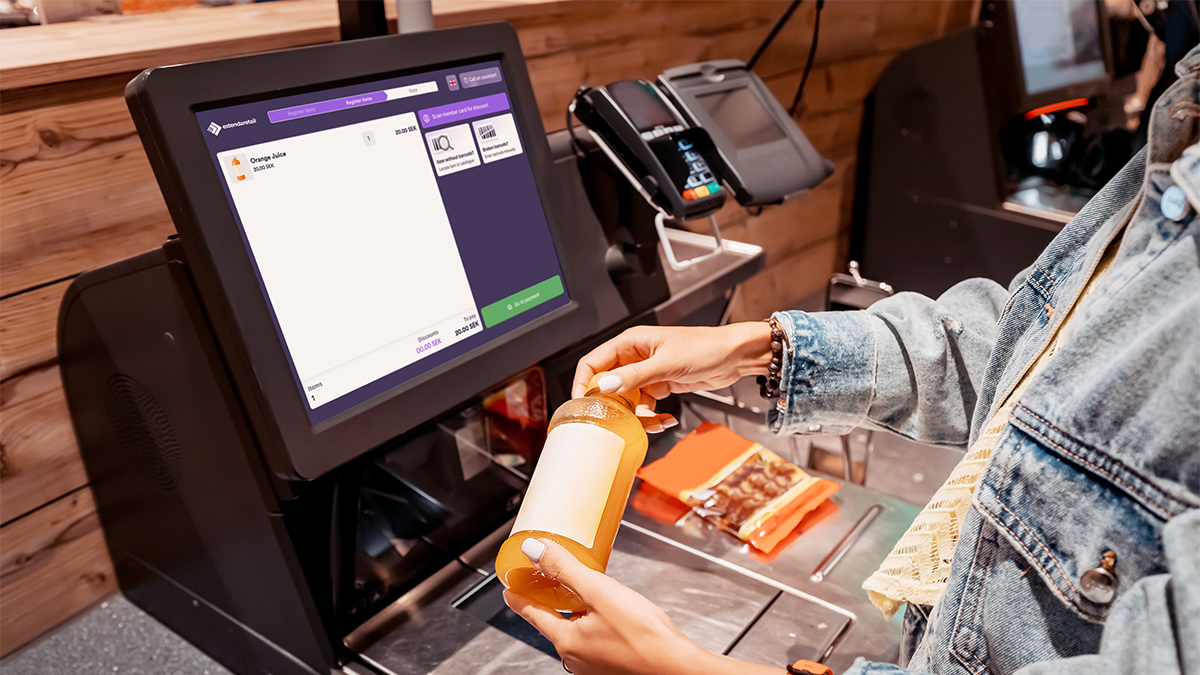POS Systems: The Unsung Heroes of Modern Business Growth

In today’s fast-paced business world, technology drives almost every aspect of operations. From marketing automation to customer relationship management, digital tools are redefining how businesses grow and compete. Yet, one tool that often goes unnoticed—despite being essential to daily operations—is the Point of Sale (POS) system. Far more than just a cash register, the modern POS system has become a powerhouse of business intelligence, efficiency, and growth.
What Is a POS System, Really?
A POS system is where sales happen—it’s the technology that allows businesses to process transactions, record sales, and manage customer payments. But today’s POS systems go much further. They integrate with inventory, accounting, customer management, and even marketing platforms. Whether it’s a retail shop, café, salon, or restaurant, a POS system acts as the digital heartbeat of the operation—capturing critical data that helps owners make informed decisions.
From Transactions to Transformation
In the past, POS systems were little more than glorified cash registers. They rang up sales and printed receipts—nothing more. Today, they are business growth engines. With features like real-time reporting, inventory alerts, employee tracking, and analytics dashboards, POS systems provide insights that used to require entire accounting departments.
For example, a retail owner can instantly see which products sell fastest, which hours are busiest, and which employees perform best. This data allows smarter decisions—such as restocking popular items, adjusting staff schedules, or running targeted promotions. These operational efficiencies directly translate into higher sales and lower costs, fueling steady business growth.
Streamlining Inventory and Operations
Inventory management can make or break a business. Overstocking ties up cash, while understocking frustrates customers. A modern POS system solves this problem by offering real-time inventory tracking. Every time a sale is made, the system automatically adjusts stock levels and can even send alerts when supplies run low.
For restaurants and cafés, this means no more guessing which ingredients are running short. For retail stores, it means the right products are always on the shelves. By keeping inventory aligned with demand, POS systems ensure smoother operations and better cash flow management.
Enhancing Customer Experience
In today’s competitive market, customer experience is everything. A POS system enhances that experience from the first transaction. Faster checkouts, flexible payment options, and digital receipts all make customers’ lives easier.
But the benefits don’t stop there. Many POS systems now come with built-in CRM (Customer Relationship Management) tools that record customer purchase histories. Businesses can use this data to personalize offers, reward loyal customers, and even predict future buying behavior. This data-driven personalization keeps customers coming back—turning one-time buyers into brand advocates.
Empowering Data-Driven Decisions
One of the greatest advantages of a POS system is its ability to transform data into strategy. Every transaction adds to a growing pool of insights about sales trends, customer preferences, and business performance. Owners can easily generate reports to see what’s working and what’s not—whether it’s a specific product line, marketing campaign, or employee shift.
This kind of visibility empowers small and medium-sized businesses to compete with larger companies, making decisions based on real-time evidence instead of guesswork.
Fueling Growth Through Integration
Modern POS systems are designed to integrate seamlessly with other business tools such as eCommerce platforms, accounting software, and digital wallets. This connectivity streamlines workflows and reduces manual data entry. For example, sales recorded in the POS can automatically sync with accounting software, ensuring accurate financial reports with minimal effort.
Such integrations free up valuable time—time that can be spent on innovation, customer engagement, or expansion.
The Future of POS: Cloud, Mobility, and AI
The future of POS technology lies in the cloud. Cloud-based POS systems allow business owners to monitor operations remotely, whether they’re managing one location or twenty. Meanwhile, mobile POS (mPOS) solutions let sales staff serve customers anywhere—in-store or on the go—enhancing convenience and flexibility.
Artificial Intelligence (AI) is also entering the POS landscape, helping businesses predict demand, personalize marketing, and detect fraud in real time.
Conclusion
While flashy marketing tools often steal the spotlight, POS systems quietly power the backbone of modern business growth. They streamline operations, empower smarter decisions, enhance customer experiences, and fuel data-driven strategies.
For any business—big or small—that’s serious about growth, investing in a modern POS system isn’t just an upgrade. It’s a strategic move toward greater efficiency, profitability, and long-term success.






